| |
| |
| |
| Presented By PhRMA |
| |
| Axios Vitals |
| By Tina Reed · Aug 25, 2022 |
| Good. morning, Vitals readers. Today's newsletter is 998 words or a 4-minute read. Situational Awareness: Just weeks after agreeing to buy hybrid primary care company One Medical, Amazon announced yesterday afternoon that it is shuttering Amazon Care. Here is Axios' Erin Brodwin's take. |
| |
| |
| 1 big thing: Hospitals press for more federal help |
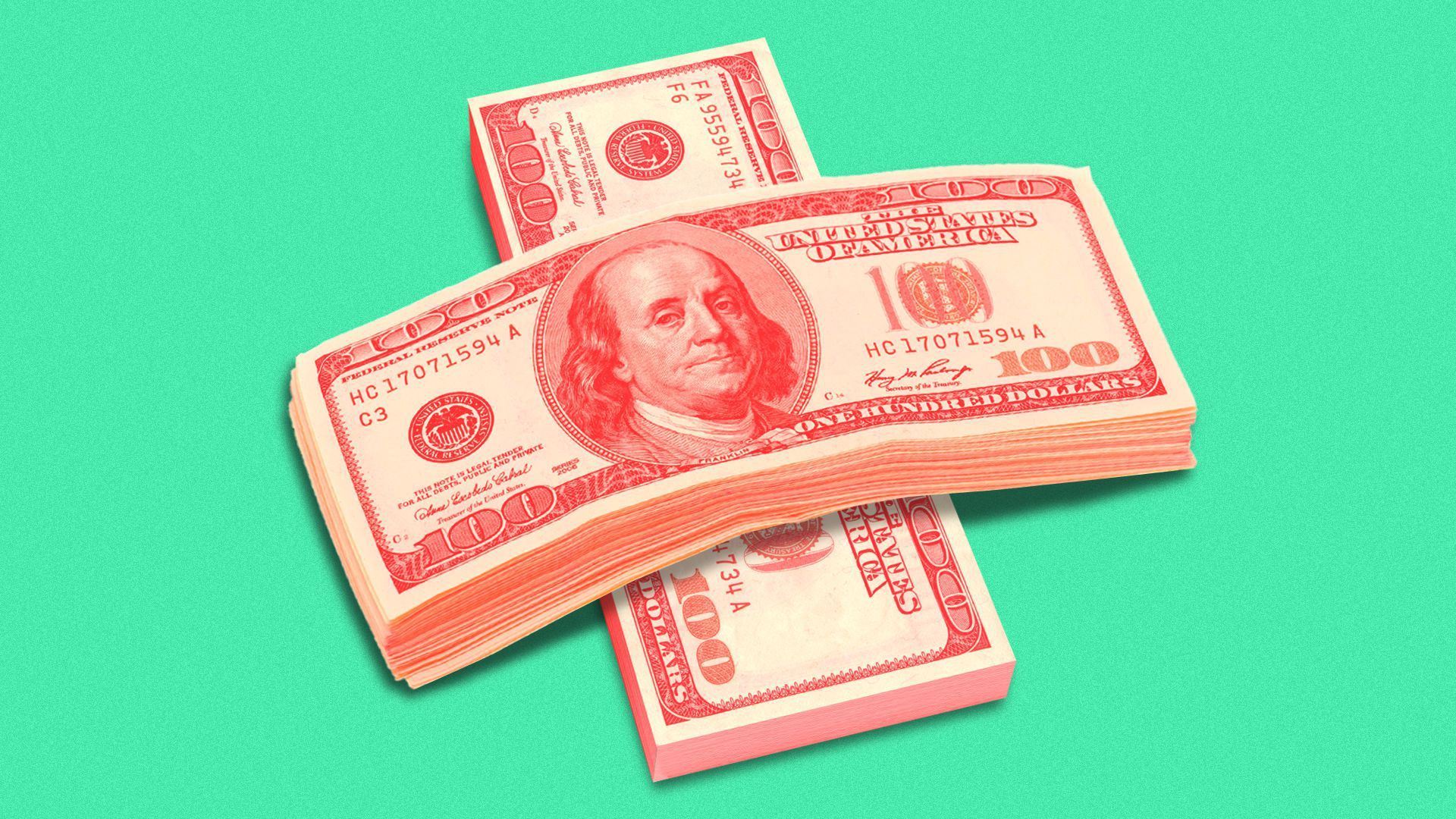 |
|
| Illustration: Annelise Capossela/Axios |
| |
| Some of the biggest hospital chains are seeing business rebound to pre-pandemic levels, but the industry as a whole is pressing for more federal relief before year's end, citing inflation, labor and supply cost pressures, Axios' Arielle Dreher writes. Why it matters: Hospitals are the biggest driver of U.S. health care spending, and the pandemic has tested Washington's willingness to take on the powerful industry. - The biggest focus is a scheduled 4% Medicare payment cut due to take effect at the end of the year unless Congress delays it.
Driving the news: Second quarter earnings reports show how well some of the industry's biggest names have weathered the COVID-19 crisis. Yes, but: Hospitals say people who deferred care for non-COVID reasons during the pandemic are now showing up sicker and in need of longer stays and more intense treatment. - Patient volumes are back up to pre-pandemic levels in many hospitals, especially emergency departments, a July Kaufman Hall flash report shows.
- Volatility in financial markets is also driving some hospital operators' investments underwater.
- And facilities are grappling with more spending on high-cost specialty drugs. A recent American Hospital Association report noted Humira, used to treat patients with rheumatoid arthritis, had a 21% price increase between 2019 and 2021.
Zoom in: Hospital groups fear that the combination of inflation, a changing health care landscape and the staffing crisis could ruin facilities operating on the margins. Go deeper. |
    |
| |
| |
| 2. Millions out of work from long COVID: Brookings |
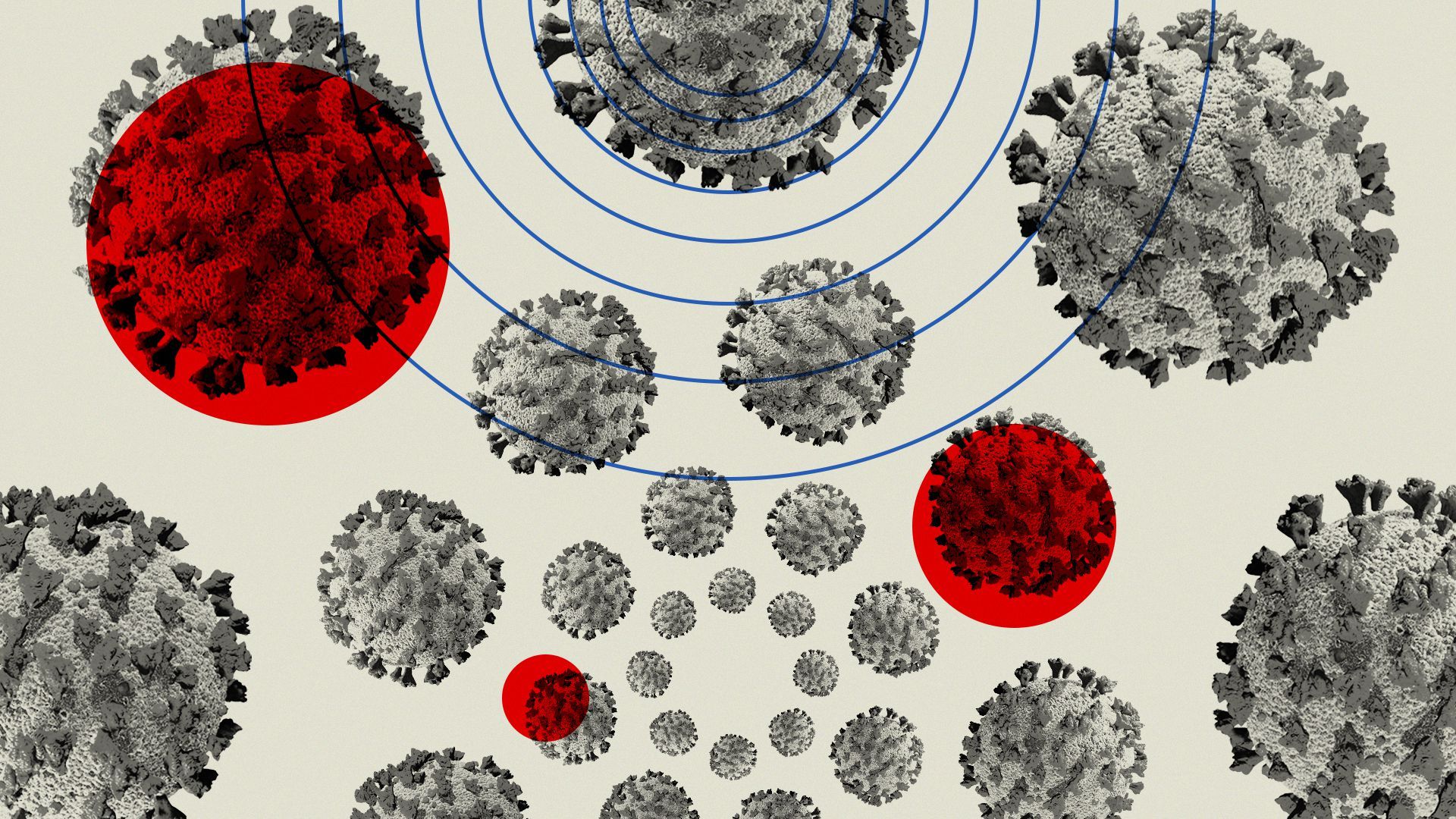 |
|
| Illustration: Maura Losch/Axios |
| |
| As many as 4.1 million people may remain out of work due to long COVID symptoms, according to a new estimate from Katie Bach, a nonresident senior fellow at the Brookings Institution. Why it matters: That figure, which incorporates four new questions about long COVID from the Census Household Pulse Survey, is more than twice an earlier estimate and could help explain the lingering labor shortages in America. - It's also particularly concerning since we still don't know why some people get long COVID, how long those symptoms can linger and how to treat the condition.
By the numbers: About 16.3 million working-age Americans, or about 8%, reported they have long COVID. - Between 1.8 million and 4.1 million can't work because of it.
- The annual cost of those lost wages alone is around $170 billion a year.
"If long COVID patients don't begin recovering at greater rates, the economic burden will continue to rise," Bach wrote. |
    |
| |
| |
| 3. The impact of loan relief on docs |
| President Biden's student loan forgiveness may help medical students chip away at the mountains of debt they accumulate, especially if they still owe from their undergraduate studies, Axios' Victoria Knight writes. Why it matters: Almost three quarters of all medical school students had education debt when they graduated in 2021, most of it usually tied to federal loans. By the numbers: On average, medical students graduated with $203,062 in education debt according to data for the class of 2021 from the Association of American Medical Colleges. - 30% had debt left from before medical school, with a median amount of $27,000.
- In 2022, medical residents made on average $64,200 per year, according to a 2022 Medscape Resident survey. That means many should qualify for Biden's forgiveness program since the salary cut-off is $125,000.
- Fully trained doctors will likely be shut out. The Bureau of Labor Statistics estimates that a pediatrician makes around $198,000 while a cardiologist makes around $331,000.
|
    |
| |
| |
| A message from PhRMA |
| Improving access to life-saving medicine |
| |
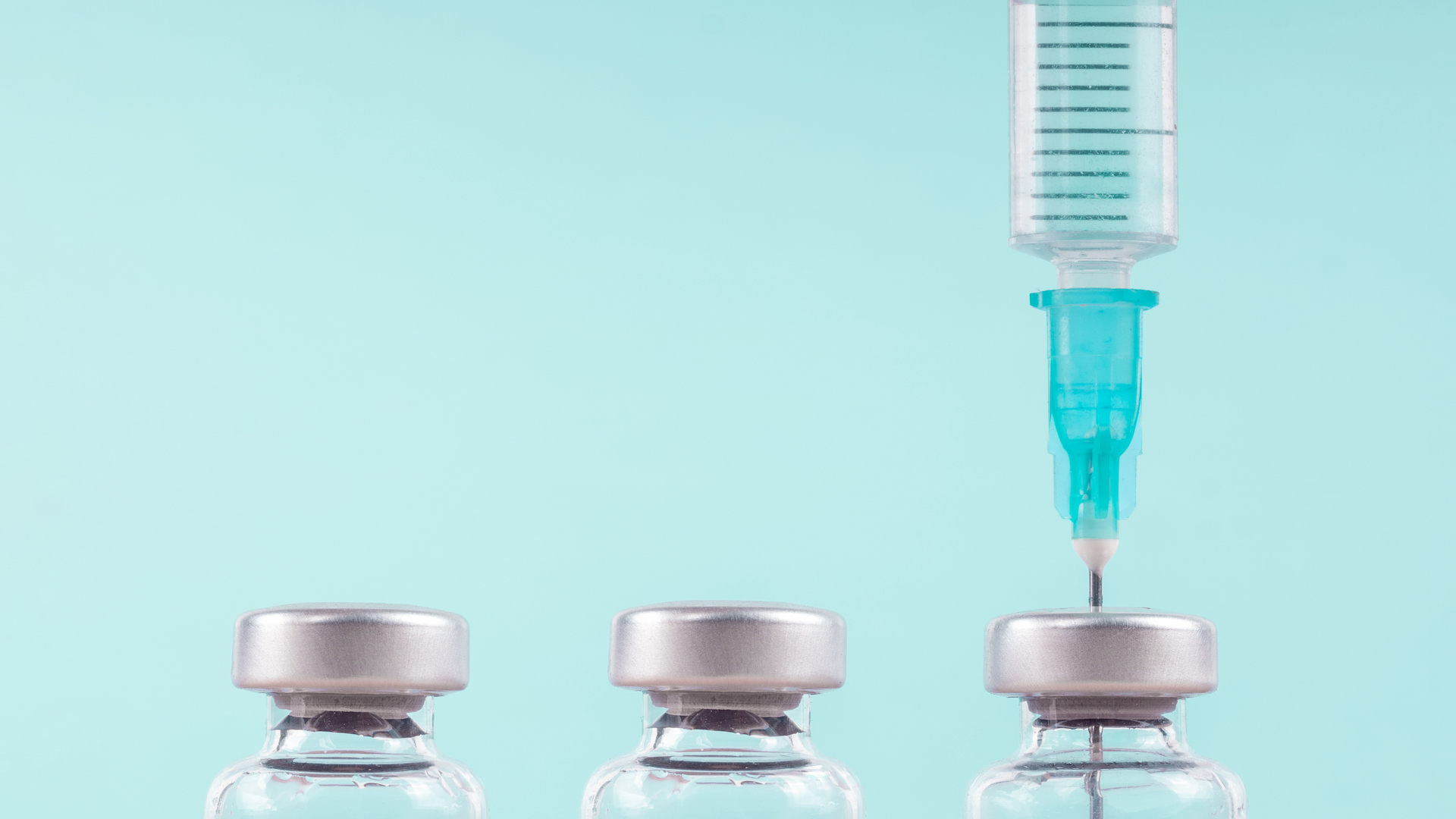 |
| |
| Insurance companies and PBMs don't pay full price for insulin. So why do patients? Rebates, discounts and other payments from manufacturers lower the cost of insulins by more than 80% on average — but insurers and PBMs usually don't share these discounts directly with patients. Stand up for patients. |
| |
| |
| 4. Health prices rising faster in the private sector |
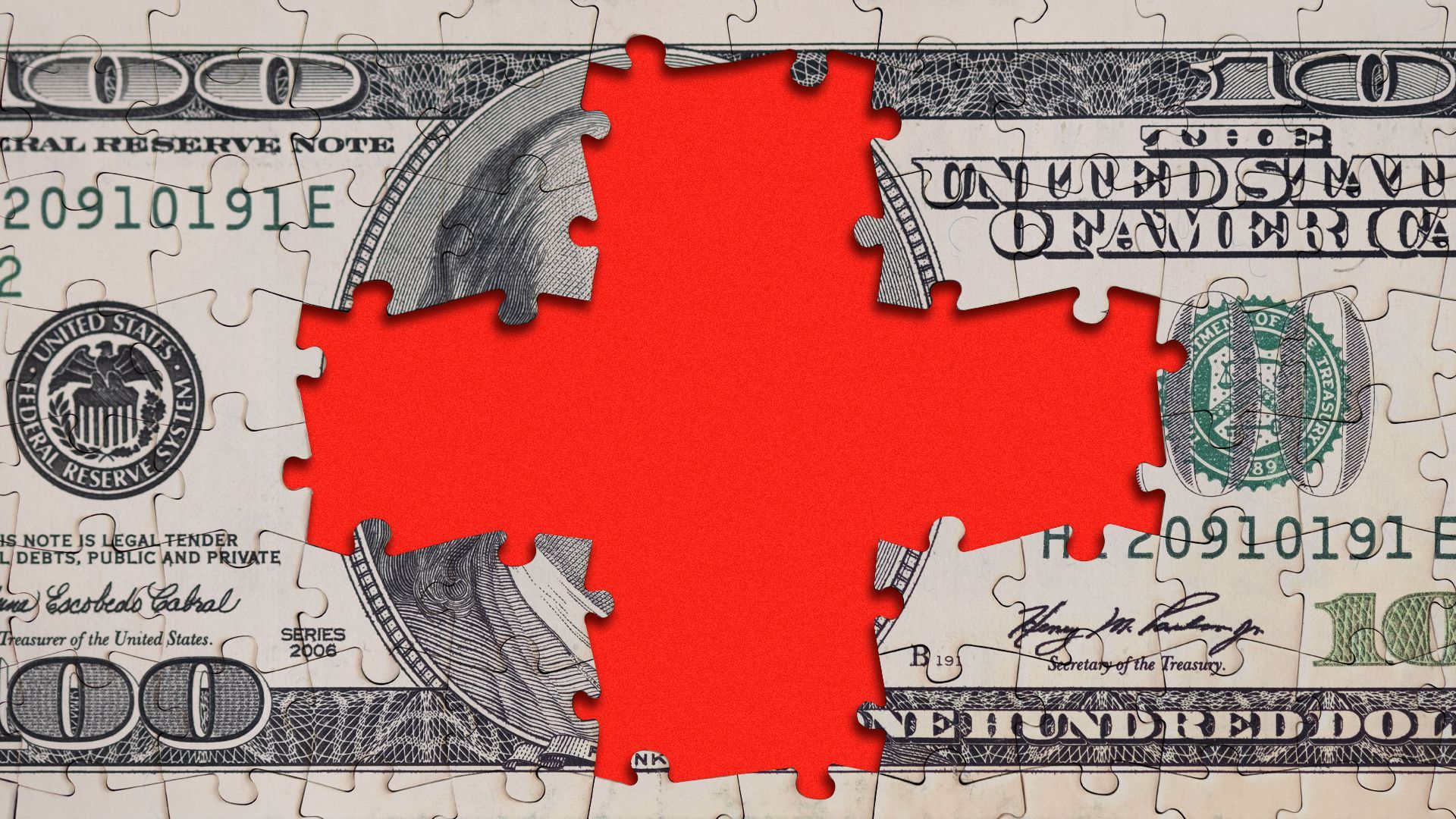 |
|
| Illustration: Sarah Grillo/Axios |
| |
| Health care prices overall may be lagging inflation, but there's a widening divergence between what's being paid in Medicare and the private sector, Axios' Caitlin Owens writes about a new Altarum analysis. Why it matters: Privately insured Americans are about to pay more for their health care if they aren't already. The big picture: Economy-wide inflation has outpaced health care inflation over the last year — an anomaly since medical prices typically rise faster. - Last month, overall prices were 8.5% higher than in July 2021, but prices for medical care were only 4.8% higher, per KFF.
Yes, but: July also saw a substantial divergence in what Medicare and the private sector pay for goods and services, which essentially canceled each other out in the aggregate, according to Altarum. |
    |
| |
| |
| 5. Panel documents pressure campaign on FDA |
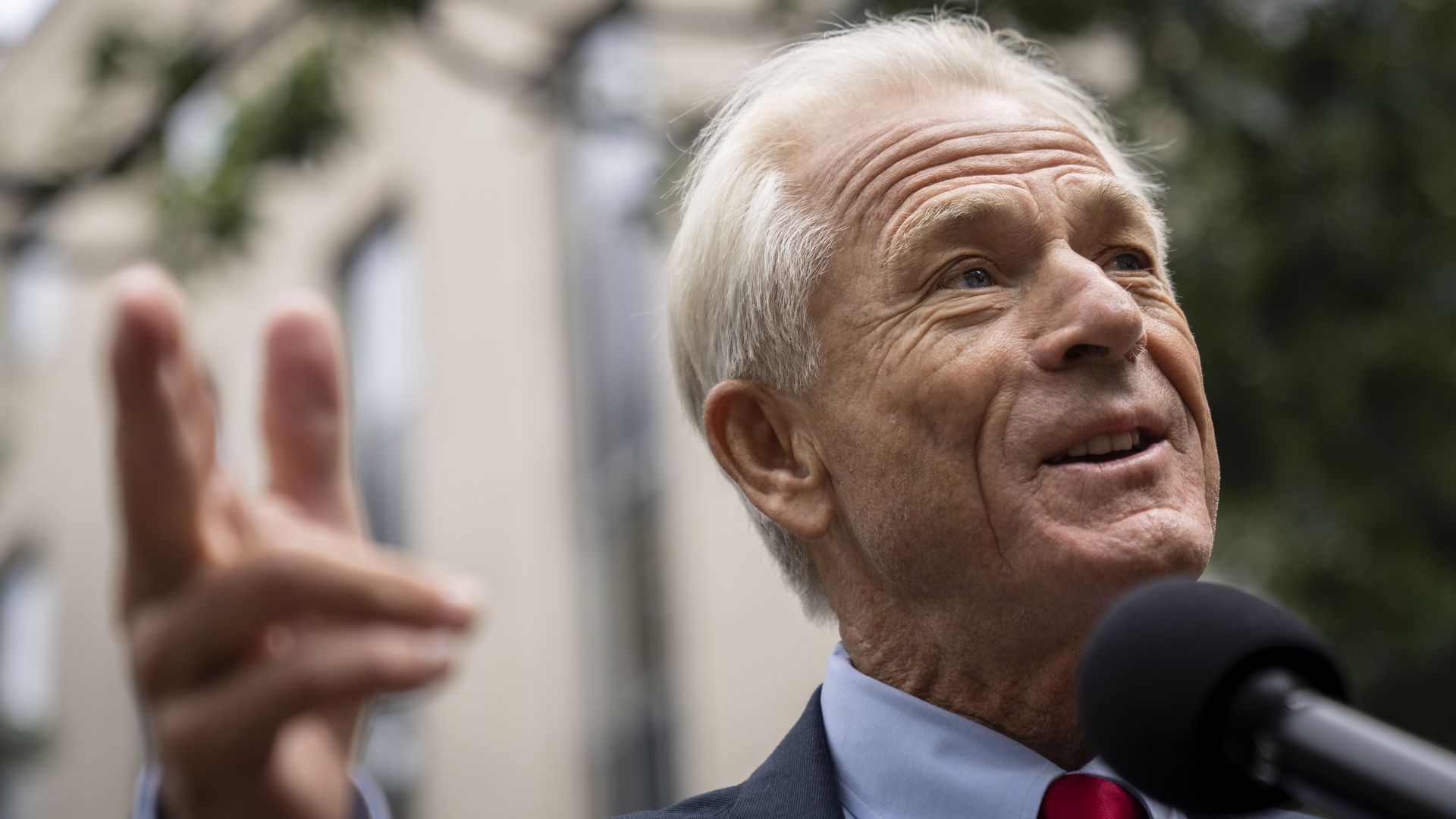 |
|
| Former Trump White House adviser Peter Navarro. Photo: Drew Angerer/Getty Images |
| |
| The Trump White House coordinated a pressure campaign for the FDA to authorize the antimalarial drug hydroxychloroquine to fight COVID-19 after it was shown to be ineffective and potentially dangerous, a House investigative report charges. Why it matters: The Select Subcommittee on the Coronavirus Response report offers more evidence of political tactics targeting the coronavirus response including blocking guidance on vaccines and the role of Trump's economic adviser Peter Navarro, Axios' Adriel Bettelheim reports. What they found: Navarro and Steven Hatfill, an outside adviser on the COVID response, coordinated with representatives at Henry Ford Health on a July 2020 request from the health system to reauthorize hydroxychloroquine while obscuring the White House's involvement. The FDA denied the request. - Navarro and Hatfill courted outside groups and Sen. Ron Johnson (R-Wis.) to apply pressure on FDA officials while coordinating with officials including White House chief strategist Steve Bannon and conducting official business on private email accounts.
Henry Ford Health said in a statement it would launch an investigation after reviewing the report. - A spokesperson for Johnson said in a statement the findings were an attempt to smear the senator's "good faith attempts to promote early treatment."
|
    |
| |
| |
| 6. Major breakthrough in psychedelics research |
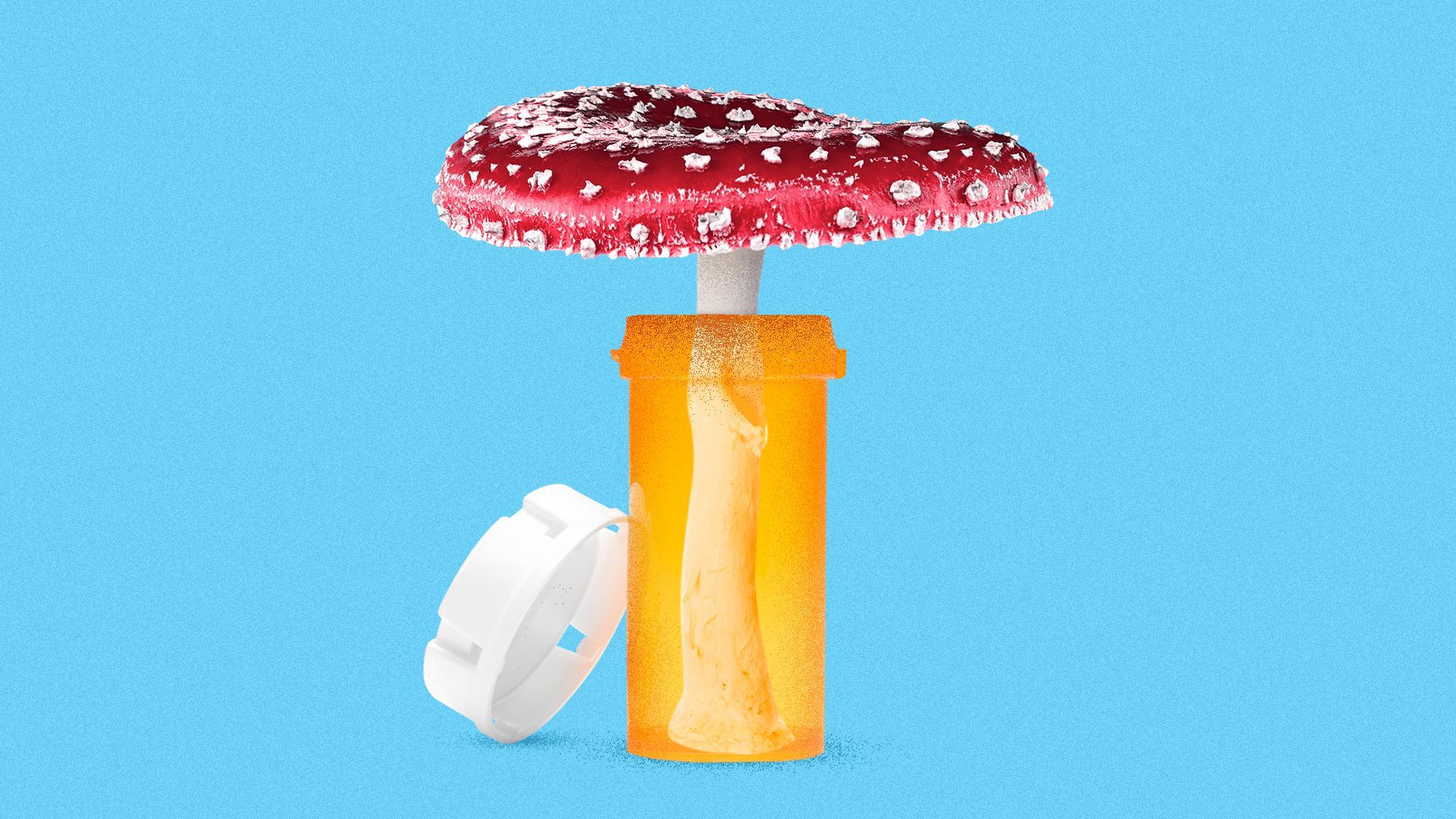 |
|
| Illustration: Aïda Amer/Axios |
| |
| The key ingredient in magic mushrooms, combined with psychotherapy, resulted in "robust decreases" in heavy drinking by adults diagnosed with alcohol dependence, according to a study published in JAMA Psychiatry. Why it matters: It's a promising development for the understanding and treatment of alcohol abuse — which has few effective medication options — as well as addiction more generally. This double-blind trial led by the researchers at NYU Langone compared the effectiveness of 12 weeks of psychotherapy delivered with two day-long medication sessions of either psilocybin or an active placebo. - The percentage of heavy drinking days during a seven-month period was 10% for the group that received psilocybin compared to 24% in the placebo group. The consumption of drinks per day was also lower in the psilocybin group.
|
    |
| |
| |
| A message from PhRMA |
| Congress should address the system we use to pay for medicines |
| |
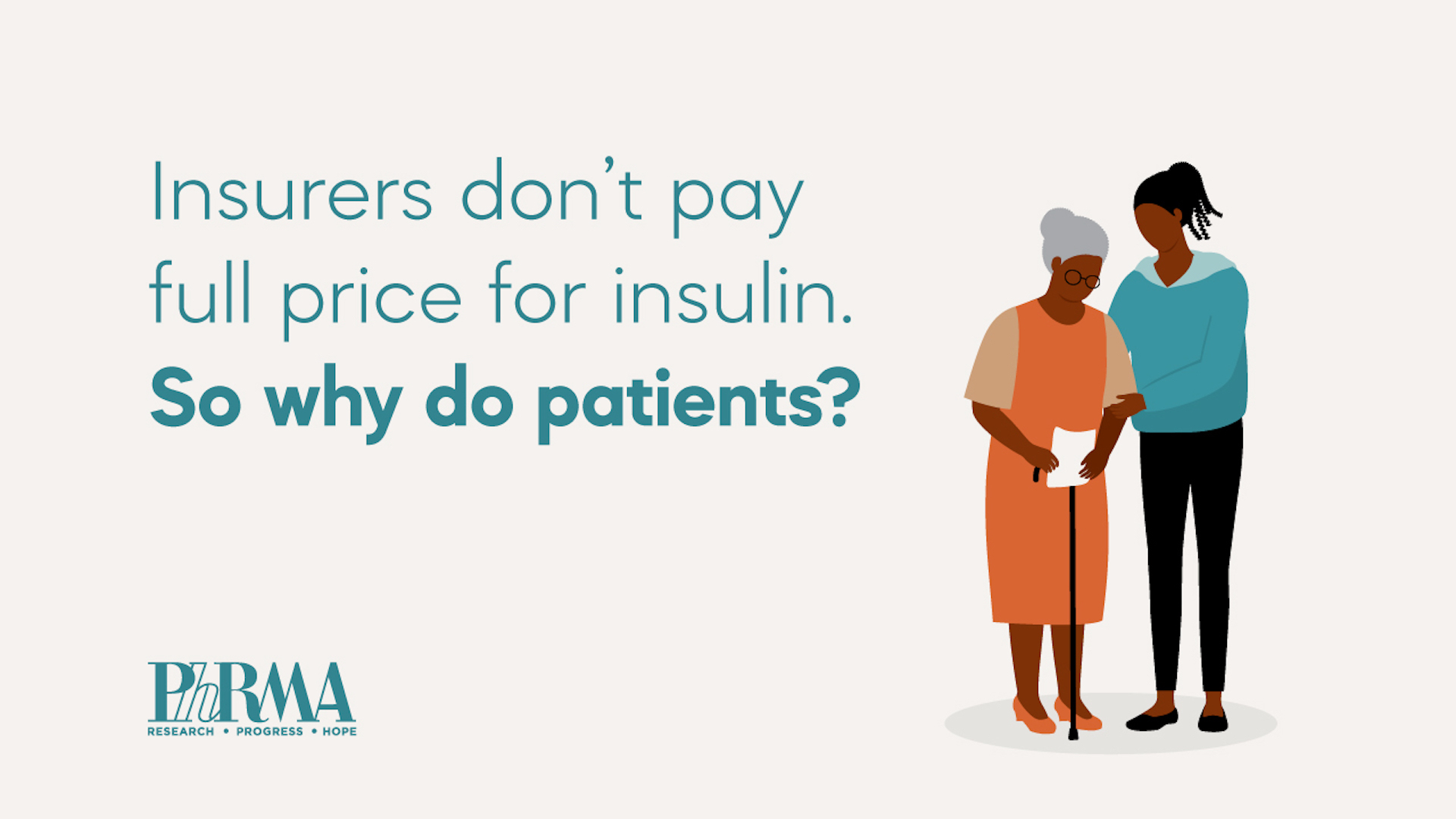 |
| |
| Insurers and PBMs receive discounts on insulins from manufacturers but don't usually pass these savings directly to patients. The impact: Patients are burdened with higher than necessary out-of-pocket costs. Learn more. |
| |
 | | Why stop here? Let's go Pro. | | |
No comments